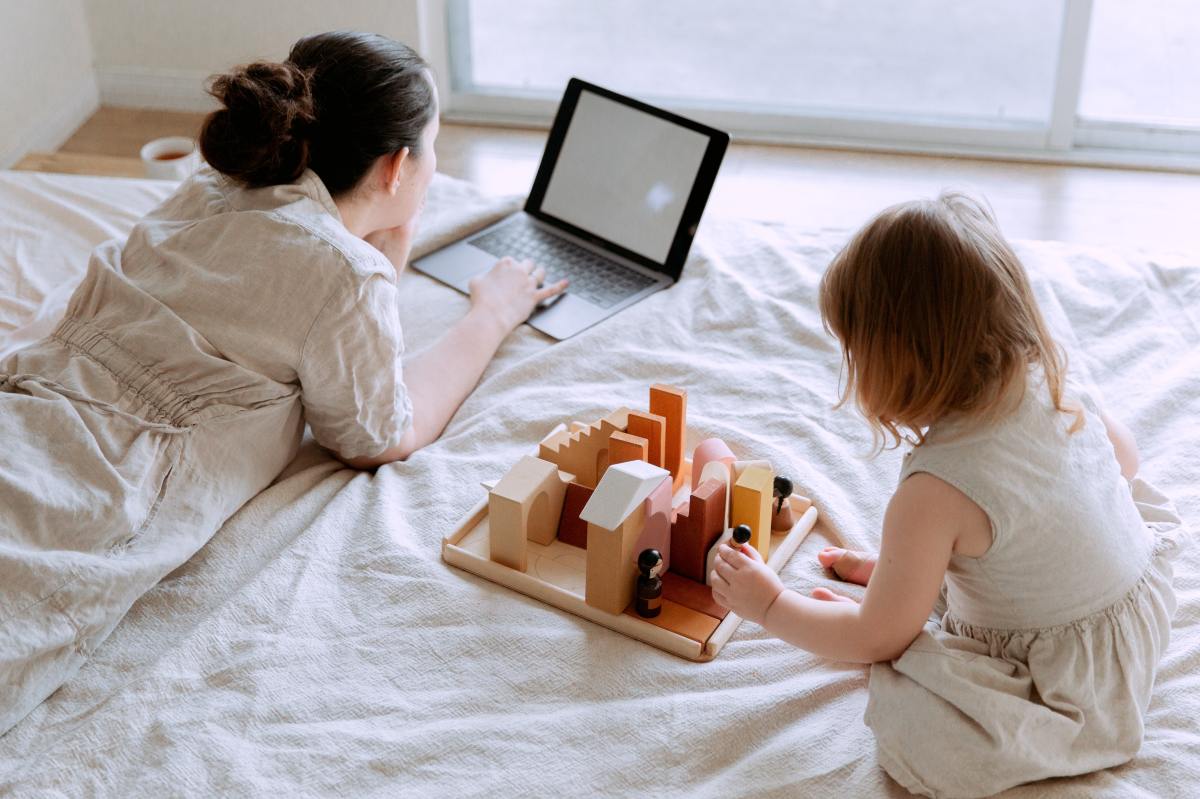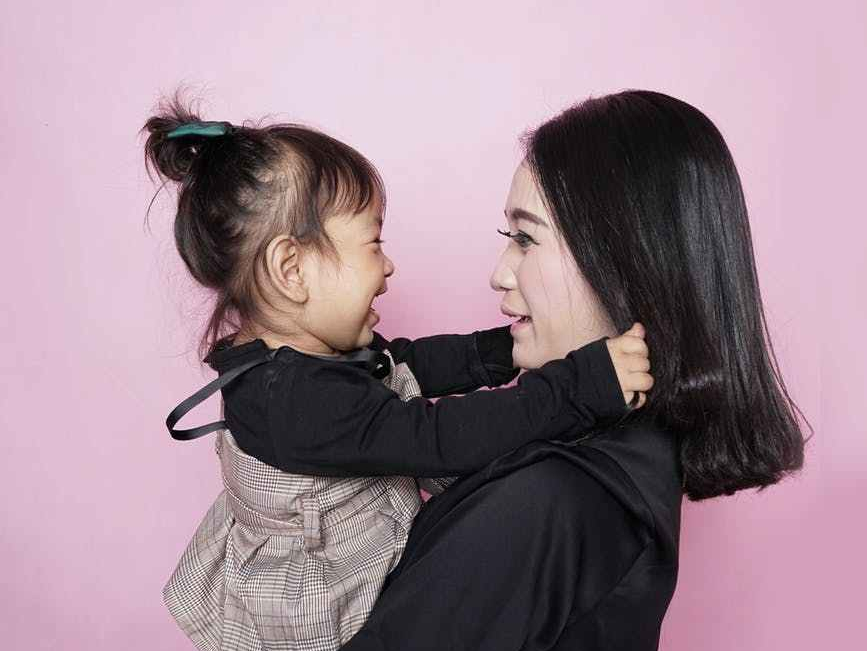Empathy is the ability to imagine how someone else is feeling in a particular situation and respond with compassion. It is a complex skill to develop in small children because they are still at an age when their needs are being met on-demand and they aren’t fully in control of their own emotions yet, let alone recognize what others may be feeling. However, empathy is also an essential life skill to learn because research has shown that it can build healthy and happy relationships with family and friends, as well as do well in school.

When a child is able to empathize, it means he or she can:
- Understand that he/she is a separate individual, his/her own person
- Understand that others can have different thoughts and feelings than he/she has
- Recognize the common feelings that most people experience – happiness, surprise, anger, sadness, etc.
- Look at a particular situation (i.e. watching a classmate tearfully say good-bye to his/her parent at play school) and imagine how he/she himself might feel in that moment
- Imagine what response might be appropriate or comforting in the above situation – i.e. offer his/her friend a toy to comfort him/her
Here are some things parents can do to teach empathy to their toddler:
- Show your child empathy. A common mistake parents make is to shush their child whenever he/she is crying – “Don’t be a crybaby, you have to be brave, you’re being embarrassing, etc.” Doing this teaches your child that feelings do not matter. Instead of brushing his emotions aside, ask him/her what is making him afraid or upset, acknowledge what he/she said, and find ways to resolve what is making him/her upset. “Are you afraid of the dog? I know his loud barks can be scary, but don’t worry, he is tied up so he cannot hurt you. Here, let me hold your hand as we pass by.”
- Talk about other people’s feelings. In the same vein, when we see other toddlers crying or acting up, our first instinct is to hustle our own child away from the hubbub. But doing so teaches him/her that we should ignore other people’s unpleasant feelings. Instead of avoiding the situation, try discussing what happened – “How do you think he/she’s feeling?” and “Why is he/she feeling that way?” are questions that three-year-olds can easily understand and answer. Research has shown that when families routinely do this, kids can learn a lot about other people’s perspectives and how their minds function.
If your child personally knows the peer in distress (i.e. a family member or a classmate in play school), encourage him to personally reach out and find ways to offer comfort.
- Be a role model. When your child sees you consistently acting kindly and respectfully to others (i.e. opening doors for strangers, carrying the things of older people, helping during times of crisis), they will emulate these habits as they grow older.
- Use chores to teach them to be mindful and considerate of others. Toddlers can already be taught to pack away their toys, water the plants, and even set the table. Not only do these actions teach them about helpfulness, it also reinforces respect for others.
- Be patient. Developing empathy takes time. There are teenagers (and even some adults) who lack empathetic skills, so don’t expect too much from your toddler. Especially between the ages of 0-3, it is perfectly normal for them to focus solely on themselves and their emotions, so the most you can do for now is to introduce the concept in their everyday lives so that it eventually becomes a habit.
—
Written by Jac of MindNation




































